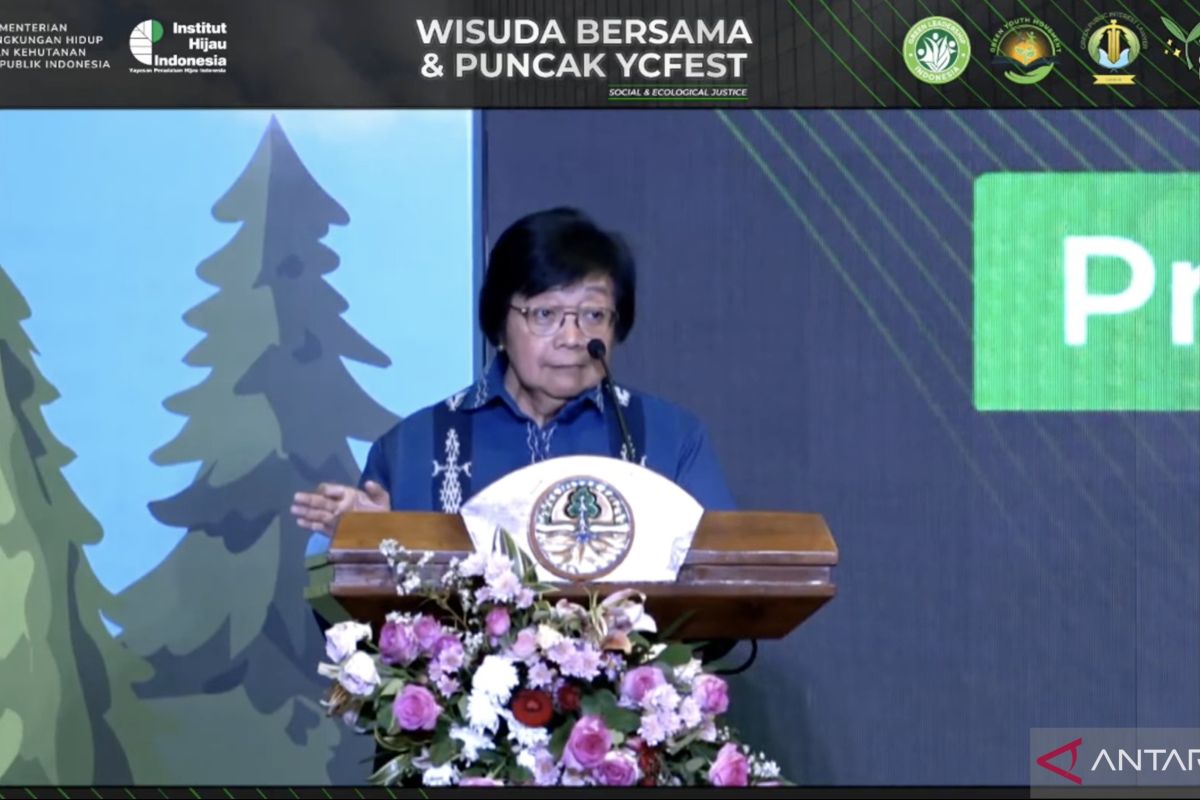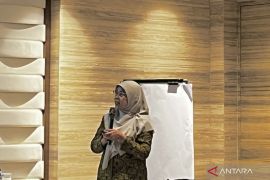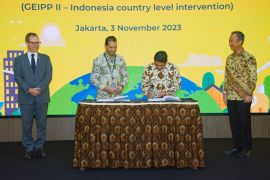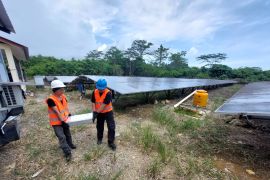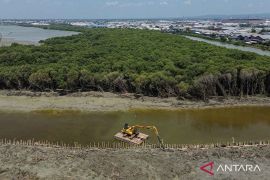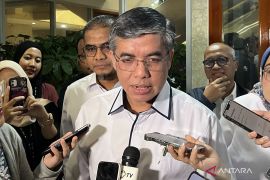At the Youth Conservation Fest 2024 event, which was followed online from here on Thursday, she noted that Indonesia will reach peak development by 2030, while developed countries reached their peak several decades earlier.
“To this end, I say that Indonesia must not be forced to reach net zero emission by 2050. We have calculated that we will reach it in 2060 or sooner, possibly in 2057 or 2058,” she said.
She noted that the estimate is based on the calculation that, among other things, the permits of facilities that use coal, such as factories and coal-fired power plants, would end by around 2057.
In the Second Nationally Determined Contribution (NDC) document, the government has calculated that by 2060, Indonesia will slash greenhouse gas (GHG) emissions by 103 percent.
The document will be launched ahead of the 29th UN Climate Change Conference (COP29) in Azerbaijan in November 2024.
The minister underlined that the international community has asked Indonesia to be the main driver in controlling emissions globally.
“We reduce emissions by around 700 million tons on average per year; it is already really good,” she said.
One of the biggest declines was recorded from 2015 — after forest and land fires were reported over a total area of 2.6 million hectares — to 2016, namely around 925 million tons.
She said that apart from the energy sector, the forest and other land use (FOLU) sector is targeted to reach a situation where carbon sequestration will be higher than emissions by 2030, or FOLU Net Sink 2030.
Related news: Indonesia can help the world achieve net-zero emissions: Minister
Related news: Indonesia formulating regulations on carbon tax policy: Minister
Related news: Indonesia, South Korea sign cooperation in carbon emission reduction
Translator: Prisca Triferna, Raka Adji
Editor: Azis Kurmala
Copyright © ANTARA 2024
